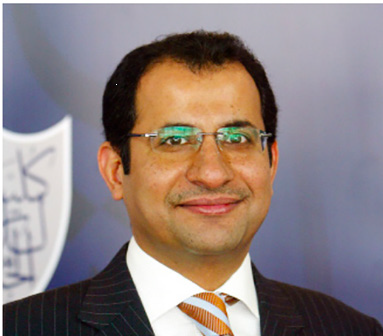Governments and economies of the GCC countries have been going through transformative changes in the last few years. The falling global oil prices and unsustainable public spending have affected the Gulf States’ development plans and the ability to continue providing public services and financing large initiatives, especially infrastructure projects. The new policy direction is toward aggressively seeking privatization or various models of partnerships with the private sector (local and global) to address these challenges. These economic and institutional changes, often radical, have 2 received little attention from researchers of public management and networked governance within the context of the Gulf region. The purpose of this workshop is to gather scholars, practitioners, and policy makers to discuss and debate issues related to the new public policy instruments that actively involve the GCC’s private sector in the provision of public and infrastructure services, and what these changes mean to the current state of political economy. This workshop will examine various ways in which the private sector is being and can be more involved in providing public services either in collaboration with the public sector or by fully privatizing and transferring the ownership and operation of state-owned entities to the private sector.
3 DAYS / 12 Workshops
MORE THAN 300 ACADEMIC PAPERS
The GCC states have achieved dramatic economic growth since the discovery of oil and
gas. They have succeeded in transforming their economies, which prior to the discovery
of oil and gas relied merely on fishing and pearling, into modern, state-led and serviceoriented ones. The GCC governments are replacing the rentier state model as the general
developmental trajectory and gradually shifting toward market liberalism, economic
openness, and creating pro-business environments. The private sector, however, has not
necessarily been a partner in this process (Yousef 2004). Its sharp reliance on government
contracts and oil rents weakened its capacity to drive economic growth, and it continues
to depend on state contracts and spending (Hertog 2014; Yousef 2004).
The significant drop in oil prices since the second half of 2014 challenges the capacity of
the Gulf States to continue the provision of public services and especially megainfrastructure projects. For example, in the next ten years, it is expected that
infrastructure spending alone will reach between $1.5 and $2 trillion in the GCC (MEED
2015). Saudi Arabia is expected to be the largest market for infrastructure projects in the
entire Middle East and North Africa (MENA) region by building mega-cities with
investments exceeding $250 billion. Qatar, on the other hand, is hosting the World Cup
2022 and plans to spend around $140 billion over the next five years in related
infrastructure projects (MEED 2015).
The Vision 2030 and the National Transformation Program in Saudi Arabia call for the
urgent participation and a bigger contribution of the private sector to the local economy.
Privatization and public-private partnerships are emphasized in these two government
documents as vehicles to support economic transformation in the Kingdom, and shoulder
the financing of public services at large.
The aim of this workshop is to contribute to the public management literature by
examining the experiences of Gulf governments in introducing public management
3
instruments such as privatization, public-private partnerships, contracting-out and
governance by network. Harnessing the potential of these policy tools to encourage
economic growth and deliver improved public services is a timely subject when some
Gulf States are experiencing massive budget deficits such as Bahrain, Oman and Saudi
Arabia.

